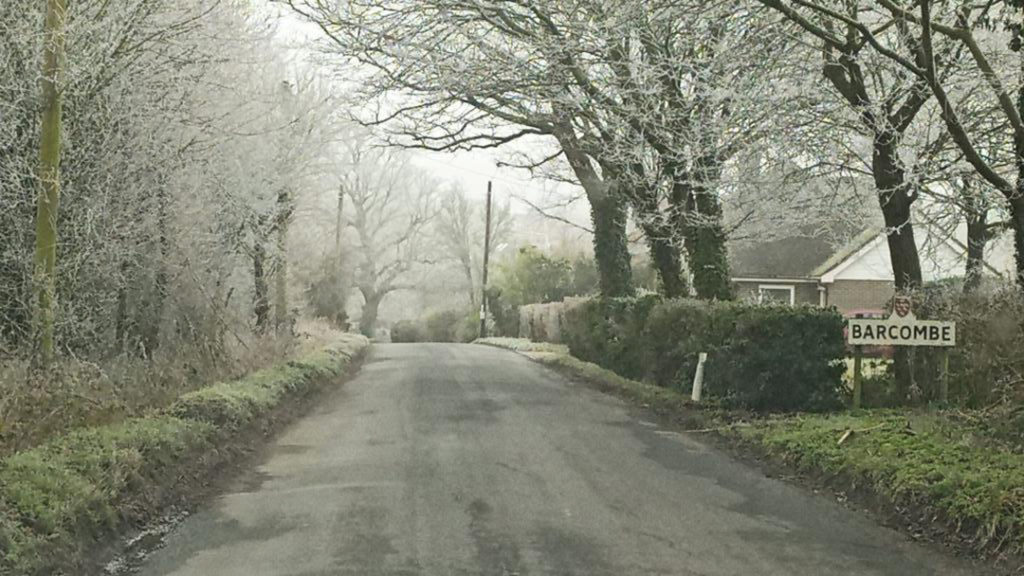A pioneering scheme to help a small Sussex village switch to carbon zero home heating has been welcomed by the chairman of Greater Brighton.
More than 600 households in Barcombe, near Lewes have signed up for the two-year project to work towards removing fossil fuels for cooking and heating.
Barcombe, along with four million properties across the UK, is ‘off-gas grid’, not connected to gas mains, meaning villagers have to use more expensive and higher carbon emitting fuels such as heating oil.
Now under a project called Communiheat which is a partnership run by local electricity supplier UK Power Networks with engineers Buro Happold and community energy group OVESCO, experts will work with residents to research, gather data and compare approaches for reducing the village’s carbon emissions from household heating.
CommuniHeat aims to best understand how Barcombe and similar communities could switch to low-carbon heating using electricity.
Today chairman of Greater Brighton, Cllr Daniel Humphreys, welcomed the scheme which fits within the region’s GB10 environmental pledges, one of which is to support the switch to local carbon heating. Greater Brighton is supporting the project.
“This is a an excellent collaboration using villagers as willing guinea pigs to help them reduce the carbon emissions from their heating and lower their fuel bills,” he said, “It’s a great example of the sort of work going on all over Greater Brighton to help tackle climate change and it really does help position us in the forefront of this battle in the UK.”
Digital community events and engagement will be held to understand residents’ needs and opinions. The project will also install energy meters in the village and new computer models created to forecast the impacts of electrifying heat. In doing so, the project partners hope to create a sustainable, replicable model for Barcombe that could be applied in other parts of the country.
The simulations will investigate the costs, efficiency, and electricity network impact of multiple different approaches, including shared district heating, medium sized heat pumps serving a few properties, or personal electrical heat pumps installed at each property. The project will then look at potential community finance models for making the switch. The use of electric vehicles and solar panels may also come into play at a later stage.
Ollie Pendered, chairman of Greater Brighton’s Energy Working Group which helped draw up the GB10, welcomed the project.
Mr Pendered, who is chief executive of Community Energy South, one of the partners in the scheme, said:
“We are incredibly proud to be working with experts from UK Power Networks, Buro Happold and local pioneering community energy group Ovesco to make a low carbon future a reality for rural villages. CommuniHeat has the potential to take rural communities to net zero fast, create a new market for local installers, create future jobs while benefiting residents.”
Greater Brighton has produced the GB10 and underneath these pledges a whole range of water and energy efficiency projects, including Barcombe, are being coordinated, supported and monitored.
For information on the GB10 see the GB10 Pledges page.

